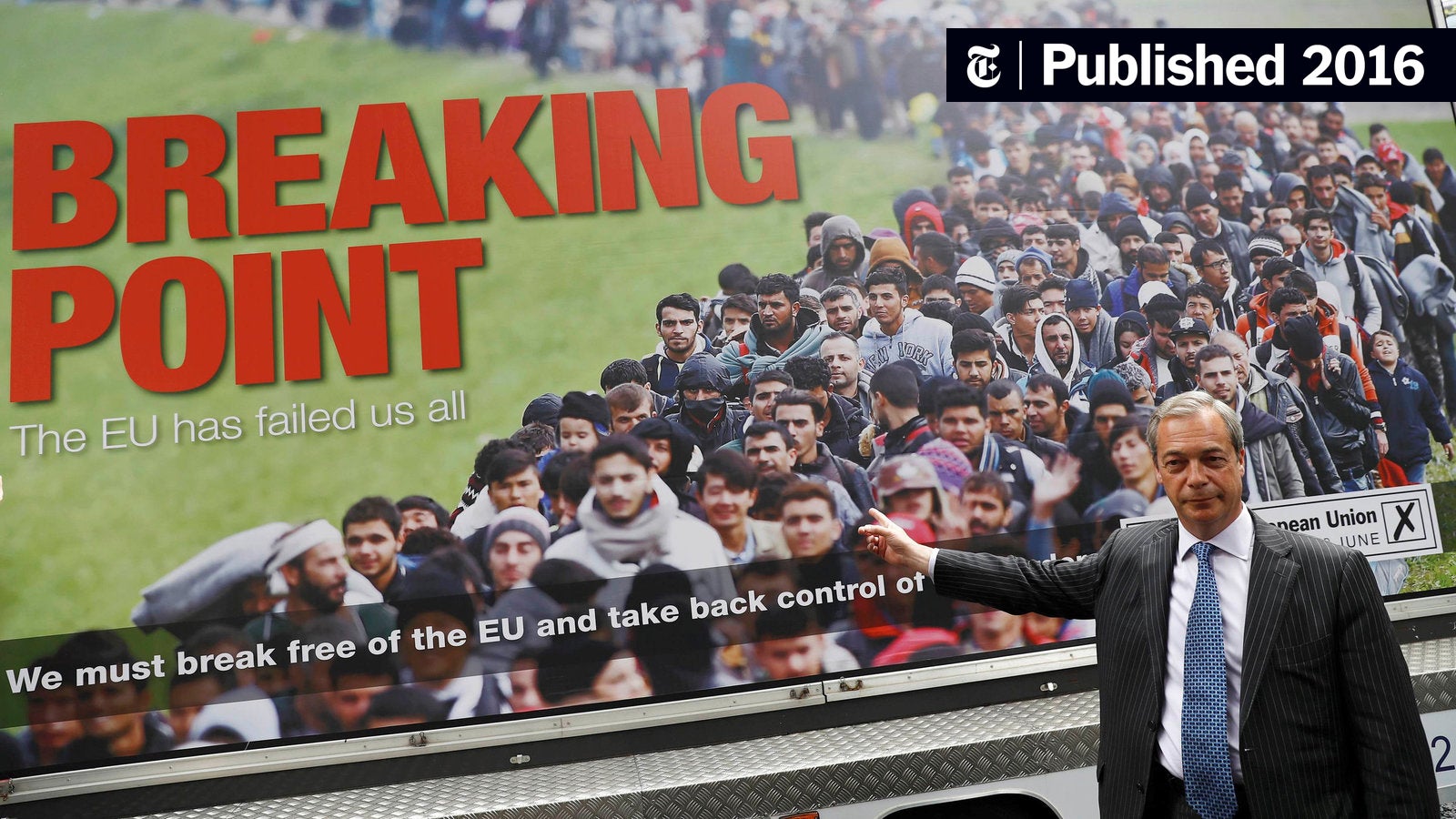The intermingling of geopolitical events and social realities compels us to examine the principles that govern our collective existence. In recent years, the seismic event of Brexit has unfurled waves of uncertainty, particularly concerning immigration policies and the pervasive specter of xenophobia. Bahá’í teachings, rooted in the innate unity of humanity and the imperative to uphold justice, provide a distinctive lens through which to scrutinize these contemporary challenges.
At its core, the Bahá’í Faith advocates for the elimination of all forms of prejudice. This entreaty invites us to transcend the parochial confines of nationalistic fervor, embracing a broader and more inclusive understanding of what it means to belong. The rhetoric surrounding Brexit, often marred by divisive narratives, has become emblematic of an era where fear and suspicion lurk in the shadows of cultural discourse. In stark contrast, the Bahá’í perspective insists on recognizing our shared humanity, irrespective of nationality, race, or creed.
Imagine, if you will, a grand mosaic. Each tile in this intricate design represents the diverse tapestry of human experiences and identities. It is a visual metaphor for the world community, wherein the beauty lies not just in the individual tiles, but in the harmonious interplay of differences. This imagery anchors the Bahá’í belief that humanity, when united, can create a masterpiece that reflects the splendor of diversity. Conversely, the fragmentation born from xenophobia threatens the cohesion of this glorious mosaic, leaving behind a patchwork of isolation and estrangement.
The aftermath of Brexit has reverberated through the corridors of power, prompting a reconsideration of immigration policies. This legislative recalibration can often feel like navigating a labyrinth—the path is fraught with contradictions and complexities. The principles of the Bahá’í Faith offer a guiding light through this confounding maze, illuminating the importance of justice and compassion in policymaking. Policies must not only be functional but also humane, acknowledging the dignity of every individual who seeks refuge or opportunity in a new land.
Furthermore, the challenge of xenophobia is intertwined with the broader discourse on human rights. The Bahá’í teachings emphasize that every person is entitled to rights and privileges simply by virtue of being human. This intrinsic worth cannot be contingent upon arbitrary classifications such as nationality or legal status. As nations grapple with the repercussions of Brexit, the moral imperative to safeguard the rights of migrants and refugees remains paramount. To envision a world free from xenophobic ideologies is to imagine a landscape where the dignity of every individual is upheld, fostering a culture of respect and solidarity.
In the context of Brexit, the frames through which immigration is often portrayed can exacerbate societal divisions. Media narratives, infused with sensationalism, can reinforce stereotypes and fuel fear. Contrary to this prevailing sentiment, Bahá’í teachings urge us to cultivate a spirit of understanding and empathy. To truly grasp the plight of migrants is to recognize the humanity in their journeys—filled with aspirations and struggles alike. This empathy is not merely a passive sentiment but an active engagement with the world, where individuals are encouraged to extend their hands and hearts to those who find themselves on the fringes.
Moreover, the Bahá’í principle of consultation provides a robust framework for addressing complex societal issues. Consultation, as understood in this faith, is an act of collective problem-solving that honors diverse perspectives. In application to the immigration debates that have proliferated in the wake of Brexit, consultation can serve as a diplomatic endeavor aimed at fostering inclusive dialogues. Facilitating discussions that include voices from various communities enables a more nuanced understanding of immigration—a complex phenomenon that cannot be adequately addressed through singular narratives.
Furthermore, in confronting xenophobia, it is crucial to recognize that entrenched biases can be dismantled through education. Knowledge serves as a powerful antidote to ignorance and misunderstanding. The Bahá’í teachings advocate for a universal education system that transcends geographical boundaries, promoting enlightenment and fostering the recognition of our shared values. An informed citizenry, equipped with the tools of reason and compassion, is less likely to succumb to the pernicious allure of xenophobic ideologies.
Witnessing the dynamics of Brexit and its aftermath prompts a call to action for individuals and communities alike. It invokes a response that aligns with Bahá’í tenets—an embrace of diversity characterized by unity and service. Each person bears the capacity to be a catalyst for change, embodying the aspirational values of inclusivity and understanding. This collective commitment can transform society, paving the way for a future where the clarion call against xenophobia is not merely a reactionary stance but a proactive endeavor.
Ultimately, navigating the complexities of immigration post-Brexit through the lens of Bahá’í teachings summons humanity to rise above the limitations of fear and divisiveness. It beckons a genuine reflection on the dignity of every individual and a conscientious participation in crafting a just and equitable world. As we engage with these profound teachings, it becomes clear that the antidote to xenophobia lies not in isolation but in our shared quest toward universal kinship—a truth that resonates across the myriad complexities of our global society.
